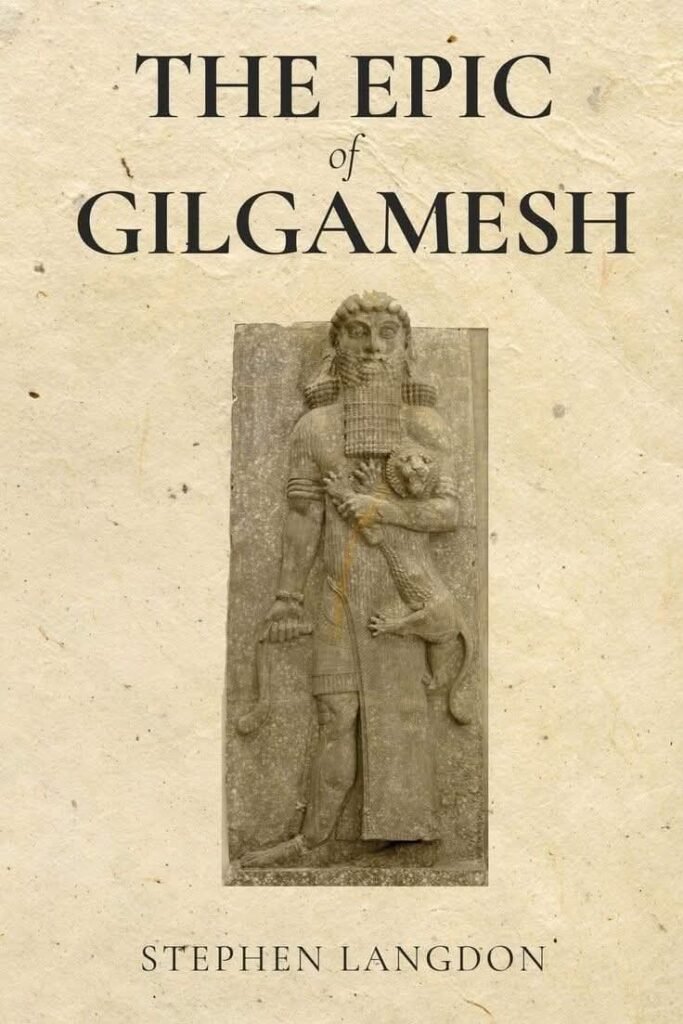#literature
#classic
The Epic of Gilgamesh.
“The Epic of Gilgamesh” is one of the oldest known pieces of literature, originated in ancient Mesopotamia, during the Sumerian civilization.
This epic poem, dating back to around 2100 BCE, follows the adventures of Gilgamesh, the historical king of Uruk, and explores themes such as friendship, the quest for immortality, and the human condition.
The narrative begins with Gilgamesh, who is portrayed as a powerful but tyrannical ruler. The gods create Enkidu, a wild man, to equal Gilgamesh and curb his excesses. The two however become close friends after a fierce battle, embarking on various heroic quests together, including the slaying of the monster Humbaba and the killing of the Bull of Heaven sent by the goddess Ishtar.
After Enkidu’s death, a divine punishment due to their actions, Gilgamesh is devastated. His grief drives him to seek out Utnapishtim, the immortal flood survivor, in search of answers about life, and the secret to eternal life. Through his journey, Gilgamesh learns profound lessons about mortality, the importance of friendship, and the legacy one leaves behind.
The epic concludes with Gilgamesh returning to Uruk, where he finally accepts his mortality and the value of being a good king, ultimately realising that his achievements and contributions to his city will endure beyond his earthly existence.
“The Epic of Gilgamesh” is celebrated not only for its rich storytelling, but also for its exploration of timeless themes that resonate with readers across cultures and eras, making it a foundational text in the study of literature and human experience.
( copied)

